The Greatest Internship

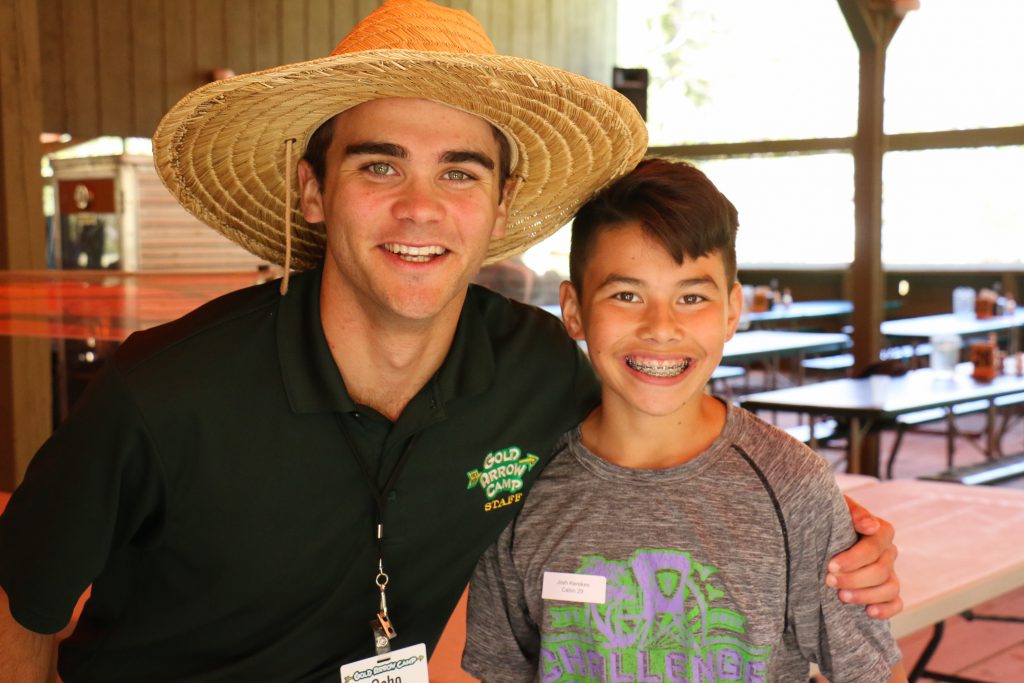
By Alison “Bean” Moeschberger
I still cringe every time I hear a counselor tell me that they’re not returning to camp next summer because they have to get an internship to prepare for their “real job.” It stings because this is my real job, but, more than that, I believe wholeheartedly in the training and life preparation counselors experience while working at summer camp. It would be easy to say that camp counseling is a good internship for people who want to work with children for their career, but the work experience camp counselors gain at camp translates to strong, employable skills that any company would be excited to see in their applicants.
6 Critical Skills Counselors Develop at Camp:
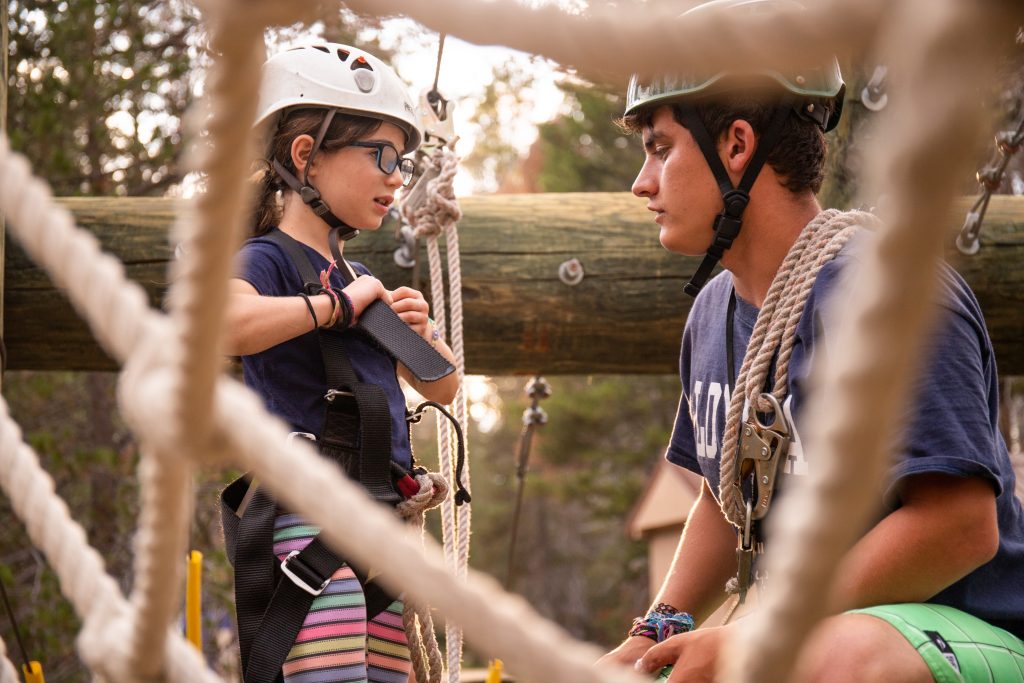
Responsibility
There is no greater responsibility than caring for other people’s children. Camp counselors are responsible for the 24-hour care of a group of children. They have a very significant presence on the camp’s organizational chart, and their work with campers is essential to camp’s operation.
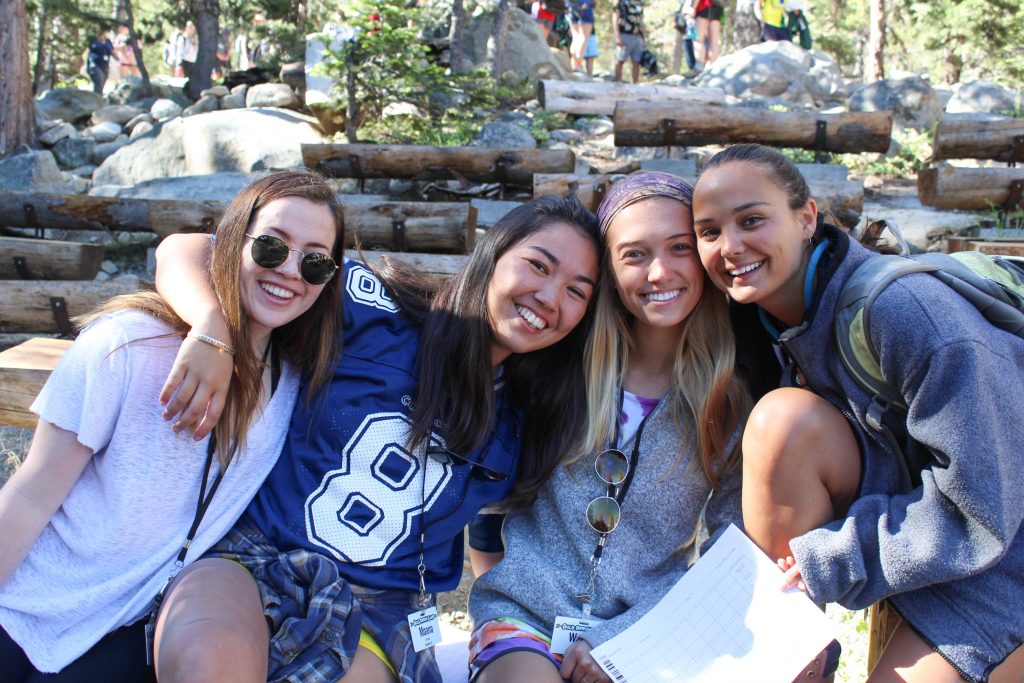
Teamwork
Camp provides a unique opportunity where counselors live, work, and play together. The friendships they develop over the summer are some of the strongest and most long-lasting relationships. Camp counselors learn to live in community with people who have very different personalities and life experiences. They adapt and work well with a range of people.
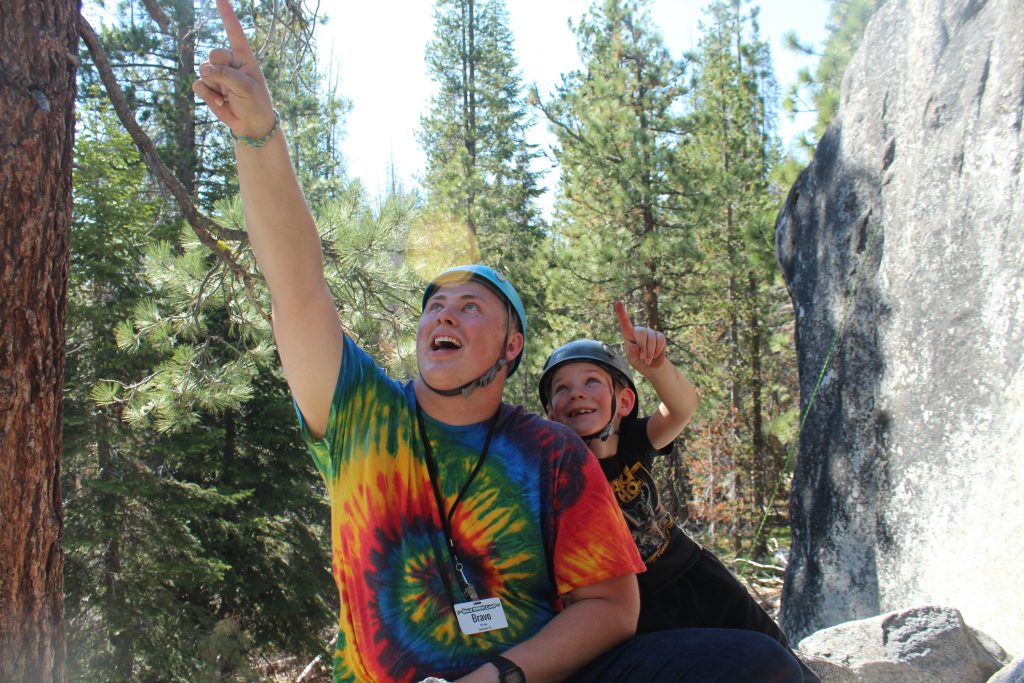
Creativity & Problem Solving
Whether it’s altering the plan for the day because of weather or figuring out a more efficient way to move 10 children from one place to another, camp counselors are constantly provided with opportunities to solve problems and be creative. They must be flexible and be able to think quickly when alternative solutions are required.
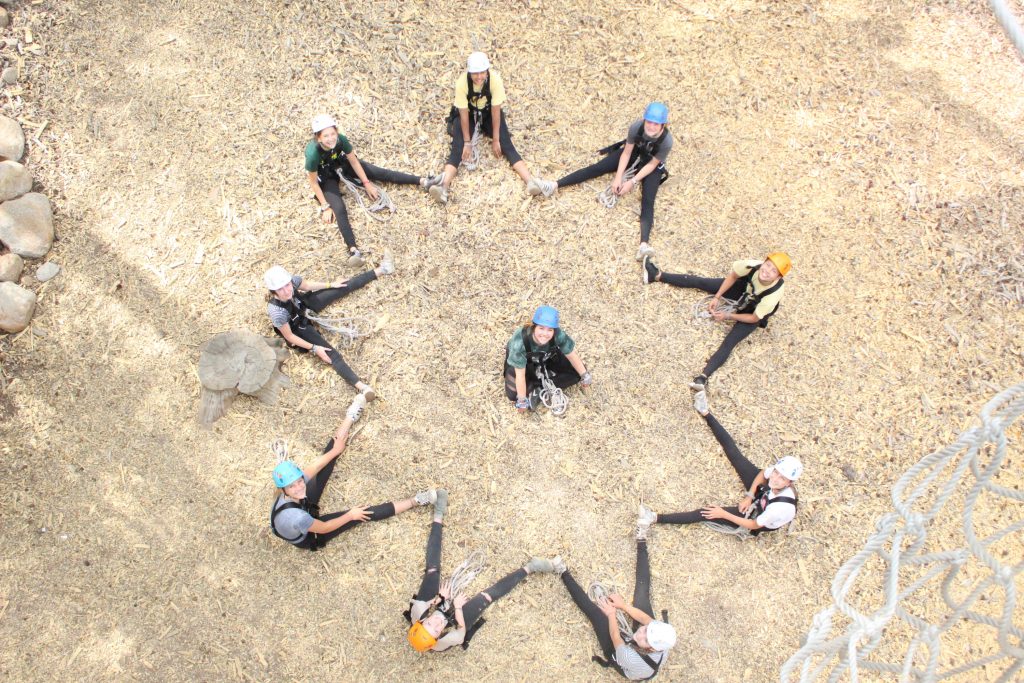
Communication Skills
Without the distraction of technology and social media, camp counselors strengthen their communication skills by engaging in face-to-face interaction with campers and fellow counselors. They learn how to lead group discussions and practice conflict resolution almost daily.
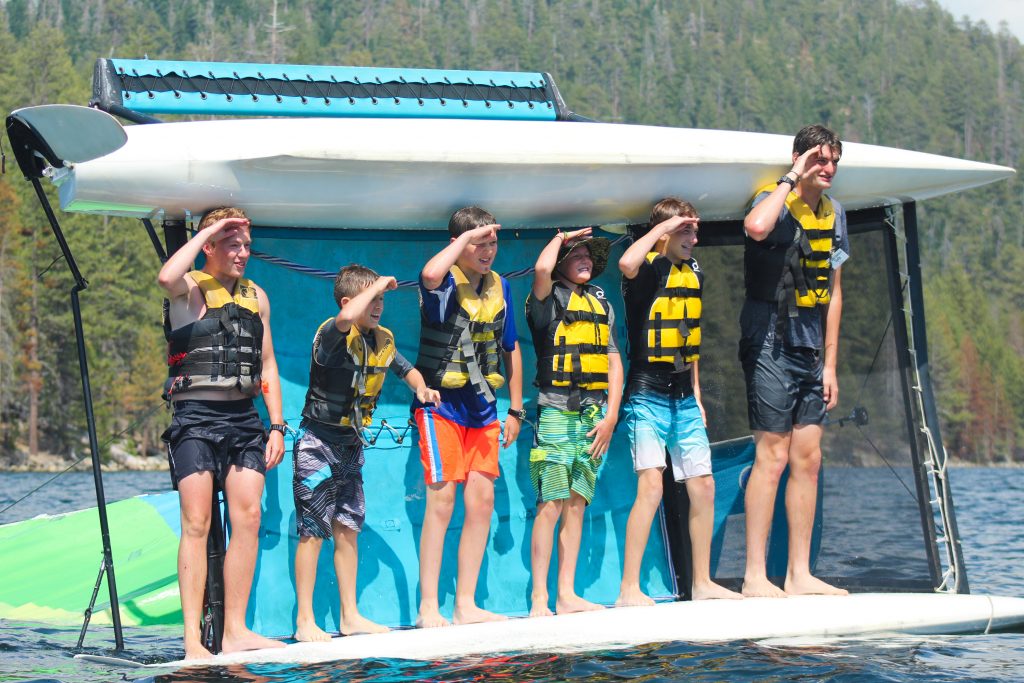
Leadership
Children want and need positive role models in their lives. Camp counselors are closer in age to campers than most of their adult role models at home, and the unique relationships they can form are hugely influential as campers navigate adolescence. Counselors are forced to examine themselves and share important life lessons with their campers. They need to remain appropriate in their language and appearance at all times, and living closely with children often causes counselors to see themselves from a different perspective. It is a powerful experience to be a role model for a child.
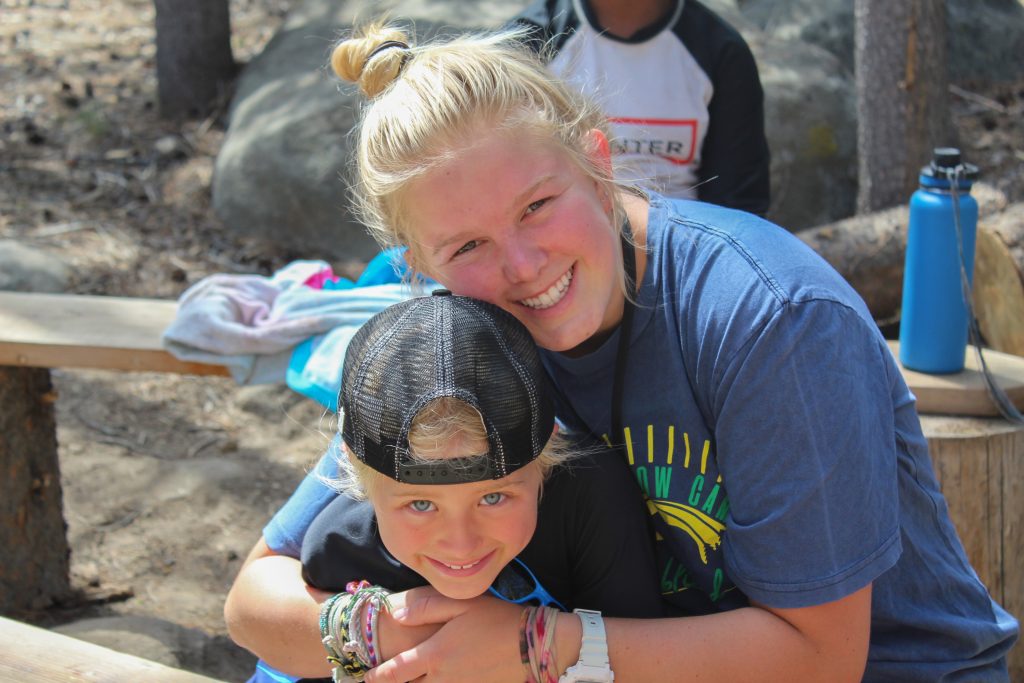
Selflessness
The nature of the job as a camp counselor is humbling. Camp counselors focus primarily on the safety and happiness of the campers in their care, at the expense of personal freedom and privacy. Young adulthood can often be a very self-centered time. People seek instant gratification and act more spontaneously. The selflessness practiced at camp makes counselors happier and more fulfilled, and we often hear that counselors feel like the best version of themselves because of camp.
Internships are temporary positions that are designed to provide on-the-job training and work experience, and there is no better internship than becoming a camp counselor.
Sources:
http://www.acacamps.org/blog/counselors/10-reasons-why-businesses-should-hire-former-camp-counselors
http://www.acacamps.org/campmag/1405/camp-belongs-resume
http://college.usatoday.com/2011/07/27/opinion-skip-the-internship-go-to-camp/
http://parenting.blogs.nytimes.com/2015/02/25/the-internship-that-looks-good-vs-the-job-that-pays/
http://parenting.blogs.nytimes.com/2012/05/29/the-camp-counselor-vs-the-intern/?_r=0
